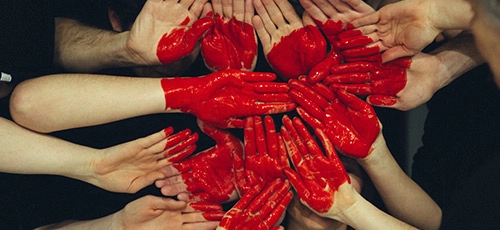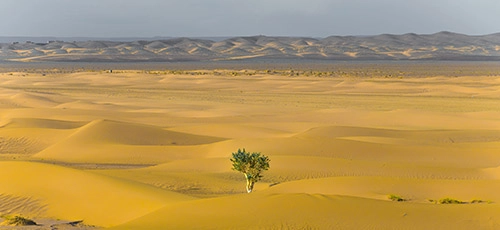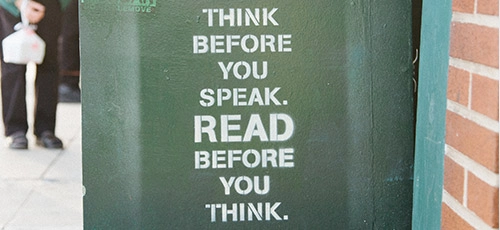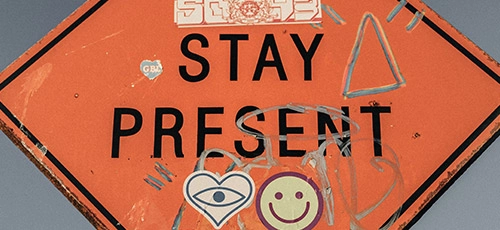Research
Understand interrelationships. Interdisciplinary
KNOWLEDGE-CREATES MORE INSIGHT
Interdisciplinary Research with Dr Karim Fathi
Background story: From passionate nerd to enthusiastic social scientist and organisational consultant
When I was at school, I never thought I would become a passionate nerd. With fire and flame, I plunged into socio-economic studies at the Hamburg University of Economics and Politics to fathom the big social science and humanities questions and thus also myself and my life. In the process, I not only loved going into the depths of the individual, sometimes very different subjects of study – I was even more enthusiastic about the numerous cross-connections between them and how this gave me a view of overarching connections. But it was not until 2005, when I started the Master’s programme “Peace and Conflict Studies” at the Philipps University of Marburg after my diploma, that I was to have a key experience that has influenced my academic and advisory career to this day.
At the time, I was taking a course in which we students were to be familiarised with the most important theories using the analysis of the Cyprus conflict as an example. In the process, the class was divided into groups and each group was assigned a different theory with which to conduct the conflict analysis. The groups were to present the analysis carried out from the point of view of their theory to the other groups. And defend their point of view against the representatives of the other theories. I was irritated by this task, as it quickly became clear to me that the different views did not contradict each other, but complemented each other.
Wouldn’t it make more sense to enter into a dialogue in which the different knowledge of the groups would be brought together instead of a debate in which one-sided representations would be defended against each other? To what extent can different professional perspectives be integrated theoretically and practically at all? What strategies arise in dealing with problems that cannot be fully known due to their multi-dimensionality and unpredictability? How can communication processes between the representatives of different disciplines be designed in such a way that they lead to a higher collective intelligence and result in a more adequate handling of complex phenomena (such as the Cyprus conflict)
Current focus
Today, the questions raised above seem more relevant than ever. Whether in research groups, think tanks, product development or project management, knowledge and decision makers from different backgrounds come together in a variety of contexts and work on complex challenges together. To master these, a cross-disciplinary approach is needed. But this is a multiple challenge – both in theory building and in practical implementation and therefore still largely untapped to this day.
In my doctoral thesis (title: “Integrated Conflict Transformation in Dialogue”), which I completed summa cum laude in 2011, I outline basic features of a cross-disciplinary approach to the study and management of conflicts. In my current research, I am investigating how to improve communication in cross-disciplinary groups (such as research groups, think tanks, performance teams) in order to arrive at better problem solving and decision-making.
Since 2019, I have been accompanying the Foresight process as a member of the Future Circle of the BMBF. The focus is on a cross-disciplinary analysis of what possible developments in science and innovation can be expected in society and the economy and how the Federal Republic can prepare for them.
My research topics at a glance
Empathy 3.0
Empathy is currently one of the most controversial competences. In a world of increasing interconnectedness and interdependence, it is essential for assessing the consequences of corporate and political decisions and acting accordingly. At the same time, empathy carries the risk of emotional contagion, which can increase uncontrollably on a massive scale through social communication media. Empathy also seems to be a hindrance in the face of increasing stress disorders and overstimulation – according to some researchers, the opposite of empathy might be needed here. Are authentic empathy and genuine resistance to digital resonance disasters and stress mutually exclusive? If not, what is it about this kind of empathy? How does it differentiate itself from “emotional contagion” and how can it be developed? These are questions that my research and consulting practice (including at the Academy for Empathy, which I co-founded) is dedicated to, especially in the competence development of managers.
Multi-resilience
In view of the diversity of current crises at the organisational and societal level, “resilience” (resistance) is being discussed as a universal response. But what does it mean for a collective system, such as an organisation or a society, to be resilient to completely different and at the same time unpredictable events, such as financial crises, natural disasters, cyberterrorism, disruptive market developments? From a research perspective, it is clear that such considerations require a cross-disciplinary approach. Against this background, my research is dedicated to the opportunities and limitations of a transdisciplinary concept of resilience and, of course, its practical significance for crisis-resistant organisations and societies.
Complex communication
Knowledge and decision makers from civil society, the private sector, academia and politics come together in a wide variety of constellations to work on complex problems. Research groups, think tanks, performance teams, conferences, multi-stakeholder dialogues are just a few examples. But this is above all a communicative challenge. How, for example, can a sociologist, an architect, an engineer and a lawyer working together on a research project about the future of the city communicate effectively? A solution to this question could contribute significantly to new insights and good decisions in many current problem solutions – but it is still largely untapped. My current research is dedicated to this extremely practice-relevant topic. It is condensed in my publication (“Communicative Complexity Management”).
Science 3.0
Today’s complex developments, such as climate change, digital, urban or demographic change, cannot be adequately captured by just one single discipline. The current discourse in this context is already entering its third round. Since the 2010s, there has been talk of “Science 3.0” – an understanding of science that is not only committed to transdisciplinary research, but also actively initiates transformation processes. This is quite controversial. What constitutes a transdisciplinary scientific practice? What should be the social role of science? Does good research also mean good practice? To what extent are methods from mindfulness practice (e.g. meditation) “scientifically valid” and “legitimate” methods of gaining knowledge? I am addressing these questions, which are currently very controversial, in the context of my other research topics mentioned here.
Collective intelligence vs. collective wisdom
Collective intelligence can justifiably be classified as the most fundamental competence that a social system, such as a team, an organisation or society, needs in order to cope with complex problems of all kinds. This is linked to a variety of conditions, above all the design of effective communication processes between individuals. Collective intelligence not only brings new achievements (e.g. the digital transformation), but also unintended side-effects (e.g. cyberterrorism). The currently completely neglected counterweight is collective wisdom. Regardless of what is possible and achievable, wisdom allows us to step back and identify what we want in the first place and why. And where we should be going. A current topic I am publishing on in this context is transhumanism. What happens to the human ego if it is soon possible for us to connect our consciousness with artificial intelligences and upload it into a computer? Does it make sense not to pursue some development paths (yet) because the danger of unintended existential risks is too high? How can “sustainable progress” be designed? Collective intelligence and collective wisdom need to be taken into account in almost every innovation process.
Resilience vs. development vs. sustainability
Securing society’s future in the 21st century is currently being discussed in different ways. Among the most considered concepts at present are the “developed society”, the “sustainable society” and more recently the “resilient society”. In the context of my research, I address the commonalities, points of complementarity and contradictions between these concepts. In doing so, I come to the conclusion that securing society’s future cannot do without an integration of all three guiding concepts. My research is condensed in the publication “Systemic Resilience – Limits and Potentials in the Discourse on Sustainable Society in the 21st Century”.
INQUIRE NOW…






